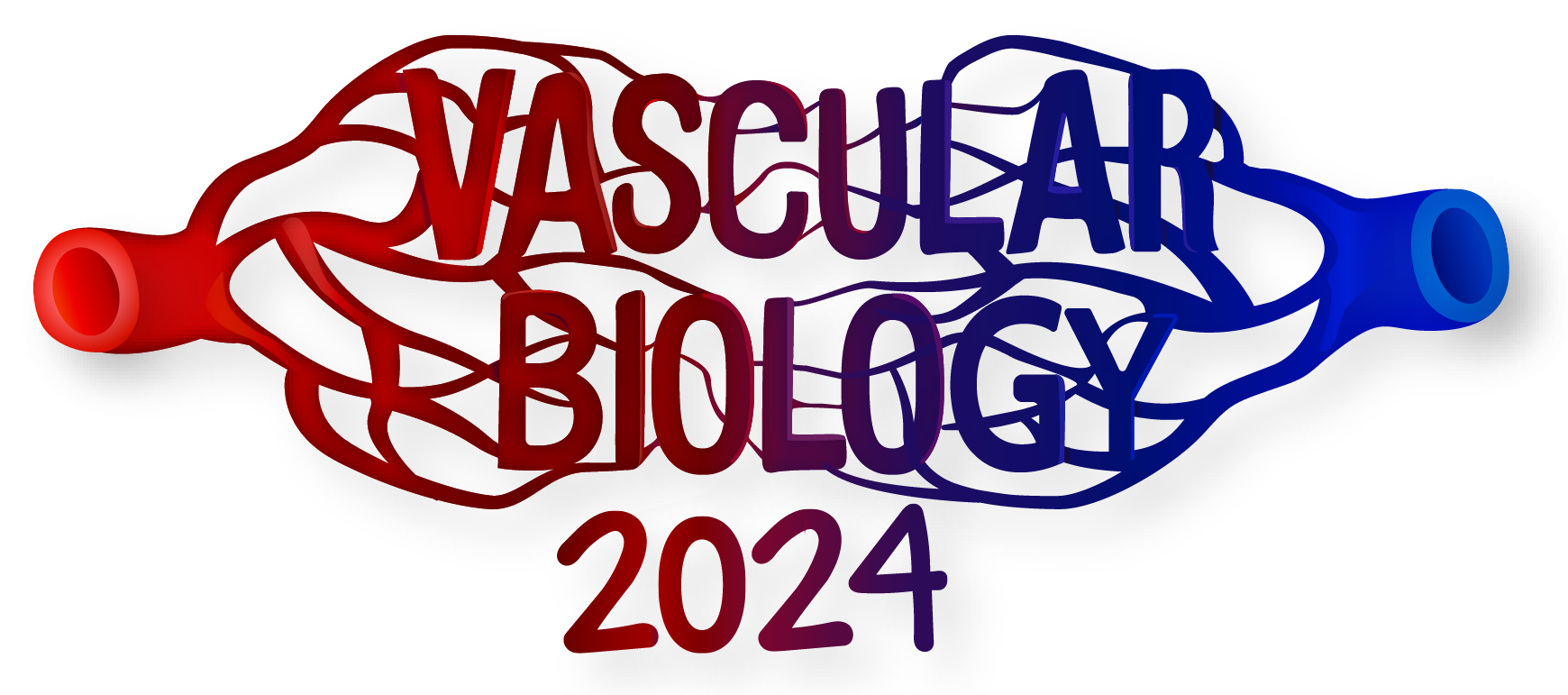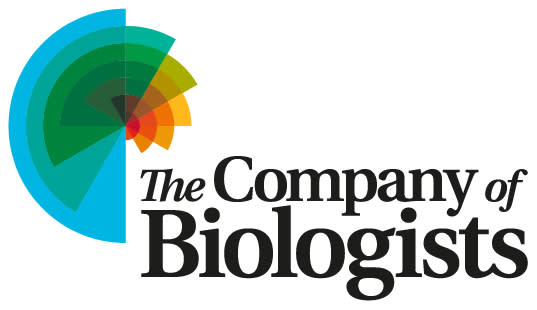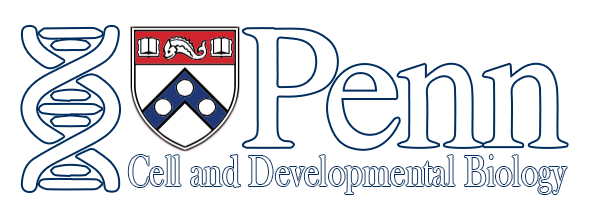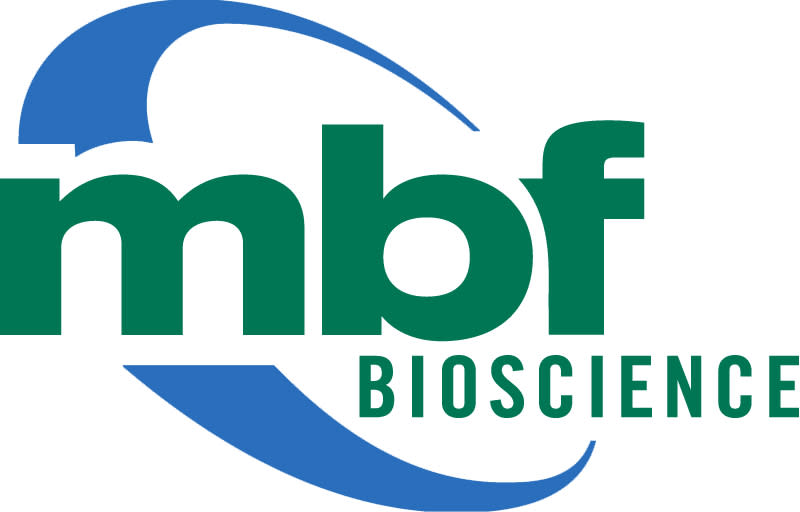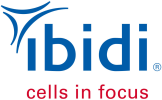|
|
|
|
September 2024 |
|
Congratulations to Mingxia Gu |
|
|
Recipient of the 2024 Springer Junior Investigator Award Mingxia Gu, Cincinnati Children's Hospital Medical Center, is the recipient of the 2024 Springer Award. Dr. Gu will give the Springer Junior Investigator Award Lecture titled, “Deciphering Endothelial Organ Specification in Vascularized Organoids,“ on October 23 at Vascular Biology 2024 in Pacific Grove, California.
The Springer Junior Investigator Award is supported by “Angiogenesis,” published by Springer Nature. |
|
Reserve Your Room by September 18!! |
|
Join us for Vascular Biology 2024!! October 20-24, 2024 at the Asilomar Conference Grounds in Monterey |
|
Reserve your room at Asilomar by September 18
Submit your late-breaking abstract to Vascular Biology 2024
Register Online by October 18 - and save $$
Click on the appropriate buttons below |
|
The full program is on our web site - https://navbo.org/vb2024 |
|
Special Thanks to Vascular Biology 2024 Supporters |
|
Vascular Biology 2024 Exhibitors |
|
Vasculata 2026 Call for Proposals |
|
Consider hosting Vasculata 2026, NAVBO’s intense 3-4 day summer course, at your institution. This year’s Vasculata was at Stanford University and it will be at the University of Pittsburgh in 2025.
The goal of Vasculata is to provide an overview of contemporary vascular biology including background, current areas of interest and future directions for the discipline. Additionally, the meeting draws would-be vascular biologists to the field and promotes development of a peer network for early-stage investigators in the field. Graduate students, postdocs and undergraduate students are the key target audience, however, faculty level attendees from other fields who are seeking an overview of vascular biology often attend.
Vasculata is a key part of NAVBO’s education mission and plays an important role in the recruitment of students into the field of vascular biology. The meeting is usually run on a low budget, reducing fundraising demands on organizers. Most of the speakers can be from your own university, or ones in the vicinity of the host state.
For more information about hosting Vasculata, click here to download the proposal form which outlines the process and describes how NAVBO will assist you. Feel free to call the NAVBO office at (301) 760-7745 if you have any questions. Proposals should be submitted by December 15, 2024. |
|
Organizer Opportunity |
|
December Diversity Roundtable The NAVBO Diversity, Equity, and Inclusion Committee is seeking both senior and trainee members to volunteer as leaders for a virtual roundtable discussion in early December. This event will focus on increasing visibility and building an inclusive environment for the LGBTQ+ vascular biology research community. By participating, you'll have the opportunity to share your experiences, contribute to an important conversation, and support your peers in creating a more inclusive and supportive research environment. If you're passionate about fostering diversity and equity in vascular biology, we invite you to join us in organizing this impactful event. Contact sharon@navbo.org. |
|
Lab of the Month |
|
|
Month - September 2024 The Lab of Dr. Dolly Mehta This month we are highlighting the lab of Dr. Dolly Mehta, Professor at the University of Illinois Chicago. Find out more about her lab by visiting her page in our Lab of the Month listing. |
|
Spotlight on Trainees |
|
September 16-20 is National Postdoctoral Appreciation Week The National Postdoctoral Association has announced sponsored events honoring this year’s National Postdoc Appreciation Week (September 16-20, 2024), recognizing the important contributions made by postdoctoral scholars to research and discovery in the US. Partnering organizations from around the world participate by holding special local events in-person, while the NPA Week organizers offer a series of online events focused on professional and career development. A special, virtual keynote event will kick off NPA Week. |
|
Lymphatic Forum |
|
|
Chicago, June 12-14,2025 |
|
|
|
Are you interested in organizing the 2027 Lymphatic Forum?
NAVBO and the Lymphatic Education & Research Network (LE&RN) invite institutions of higher learning to apply to host the Lymphatic Forum 2027,
The Lymphatic Forum is intended to bring together a diverse group of scientists and clinicians studying different aspects of normal and pathological lymphatic biology using different experimental models. This meeting is intended to provide a unique format for the exchange of ideas and information, to evaluate the current views on the functional roles of the lymphatic vasculature in health and disease, and to attract early investigators, young postdocs and students to join this expanding research area.
This biennial meeting was inaugurated in 2013 at Yale University (New Haven, CT), and has since been sponsored by the National Institutes of Health (NIH, 2015), Northwestern University (Chicago, IL, 2017), Texas A&M University (Austin, TX 2019), Virtual conference (2021), University of Calgary (Banff, Alberta, Canada, 2023), and Northwestern University (Chicago, IL 2025).
Institutions interested in hosting the forum in 2027 are invited to submit a proposal . All applications will be considered on their merit alignment with the Forum’s ambitious goals. Proposal due date: September 30, 2024
|
|
NAVBO Membership Business Meeting |
|
Mark your calendar for November 13 at 1:00pmET to attend the Membership Business Meeting. As we have done for the past few years, the Business Meeting will be held virtually. More information and a link will be sent to members only via email. |
|
Member News |
|
Welcome to our New Members: MohammadHossein Asgardoon, Penn State University Alexandra Borst, The University of North Carolina at Chapel Hill Nathalie Burg, Hospital for Special Surgery Sanjeev Datar, UCSF Jennifer DuPont, Tufts Medical Center Solomon Fernandez, California Polytechnic State University - San Luis Obispo Milene Fontes, Vanderbilt University Medical Center Meysam Ganjibakhsh, Nationwide Children's Hospital Gael Genet, University of Virginia Young-Hwa Goo, Albany Medical College Andres Gutierrez, Northwestern University Jeffrey Hagedorn, Advanced Radiology Services Ruoqian Hu, University of Washington Patrick Jurney, San Jose State University Sahana Manohar-Sindhu, National Institutes of Health Kara McCloskey, University of California, Merced Meryl Mendoza, University of Pennsylvania Anthony Murphy, Purdue University Shivangi Pande, Maine Health Institute for Research Yue Qi, Stanford University Charmaine Rock, Monash University Maher Saadeh, Georgia Institute of Technology & Emory University Darla Tharp, University of Missouri Mariaelena Valentino, Northwestern University, Feinberg School of Medicine Tong-You WEI, University of California San Diego Guizhen Zhao, University of Houston |
|
Recent Member Publications |
|
SRF SUMOylation modulates smooth muscle phenotypic switch and vascular remodeling Nature Communications Serum response factor (SRF) controls gene transcription in vascular smooth muscle cells (VSMCs) and regulates VSMC phenotypic switch from a contractile to a synthetic state, which plays a key role in the pathogenesis of cardiovascular diseases (CVD). Read More
Percent Predicted Peak Exercise Oxygen Pulse Provides Insights Into Ventricular-Vascular Response and Prognosticates HFpEF JACC Advances Background: Peak oxygen consumption and oxygen pulse along with their respective percent predicted measures are gold standards of exercise capacity. To date, no studies have investigated the relationship between percent predicted peak oxygen pulse (%PredO2P) and ventricular-vascular response (VVR) and the association of %PredO2P with all-cause mortality in heart failure with preserved ejection fraction (HFpEF) patients. Read More
Inducible deletion of endothelial cell Efnb2 delays capillary regeneration and attenuates myofibre reinnervation following myotoxin injury in mice The Journal of Physiology Acute injury of skeletal muscle disrupts myofibres, microvessels and motor innervation. Myofibre regeneration is well characterized, however its relationship with the regeneration of microvessels and motor nerves is undefined. Endothelial cell (EC) ephrin-B2 (Efnb2) is required for angiogenesis during embryonic development and promotes neurovascular regeneration in the adult. Read More
Loss of Lymphatic IKKα Disrupts Lung Immune Homeostasis, Drives BALT Formation, and Protects against Influenza ImmunoHorizons IκB kinase (IKK)α controls noncanonical NF-κB signaling required for lymphoid organ development. We showed previously that lymph node formation is ablated in IkkαLyve-1 mice constitutively lacking IKKα in lymphatic endothelial cells (LECs). We now reveal that loss of IKKα in LECs leads to the formation of BALT in the lung. Read More
If you recently published a paper and would like to have it included in a future issue of the NAVBO NewsBEAT and/or on our web site. Please send the citation to membership@navbo.org |
|
Industry News |
|
Re-envisioning the postdoctoral experience in the US The NIH is following up on last year’s appeal for feedback from the broad biomedical research community on recommendations aimed toward improving NIH-supported postdoctoral training. The new Request for Information seeks input on specific draft recommendations that focus on the total number of years a person can be supported by NIH funds in a postdoctoral position, prioritizing ideas and creativity over productivity in K99/R00 awards, and promoting professional development of postdoctoral scholars and their mentors. Comments are due October 23, 2024, and may be submitted here.
Bringing mentorship training into the foreground Writing in The Chronicle of Higher Education, Maria LaMonaca Wisdom has made the case that reforms intended to render graduate education more effective must include early attention to mentoring skills…for both trainees and their advisors. Dr. Wisdom, now Assistant Vice Provost for Faculty Advancement at Duke University, has distilled multiple mentoring quandaries from her experience leading a two-week, noncredit course, “Best Practices in Mentoring:” What are reasonable expectations from a mentor? Where can students turn to discuss conflicts in confidence? What are the actual roles, and limits of authority, of faculty or staff in program leadership? These topics are examined in more depth in Dr. Wisdom’s book, “How to Mentor Anyone in Academia (Skills for Scholars),” forthcoming early in 2025.
Artificial intelligence and machine learning in cardiovascular medicine Researchers at Rutgers University have published in Nature Scientific Reports their assessment of machine learning as an approach to deeply phenotype and improve personalized treatments for patients with cardiovascular diseases (CVD). Combining complete transcriptomic analysis with machine learning techniques allowed identification of 18 transcriptomic biomarkers that predicted CVD with high accuracy; some of these markers were not previously associated with phenotypic variations linked to CVD and merit further investigation. |
|
NAVBO Corporate Partners |
|
NAVBO Corporate Members |
|
Calendar of Events |
|
|
Job Postings |
|
|
|
|
North American Vascular Biology Organization |



